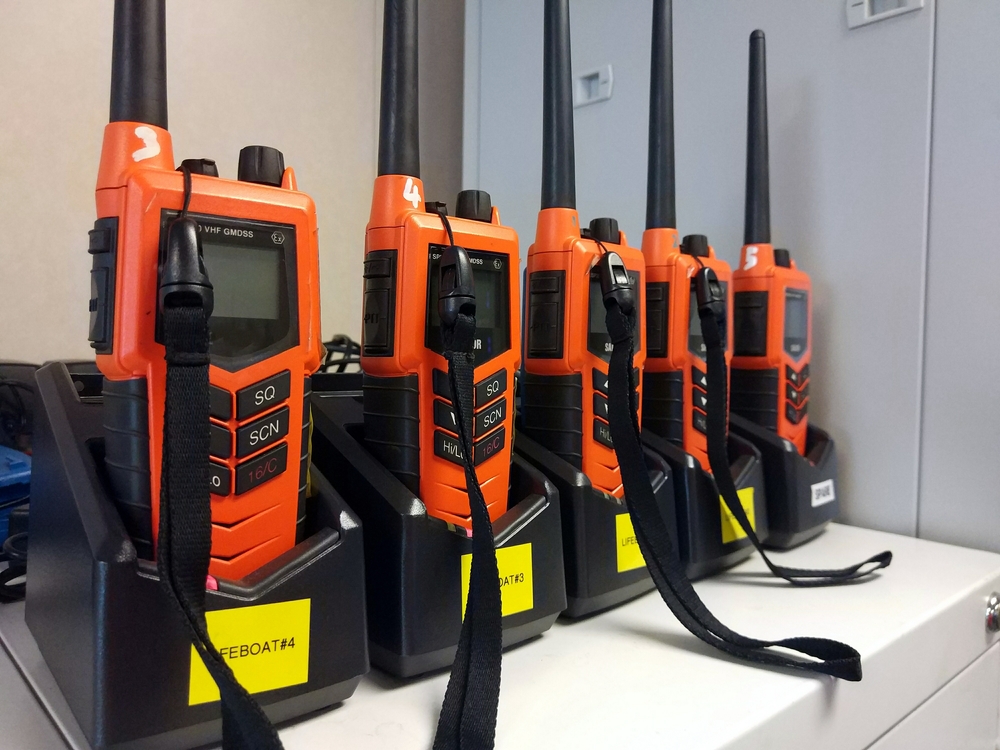
The FCC’s forthcoming proposal to improve wireless emergency alerts will focus on making geographical targeting more precise so alerts can be used more effectively in local emergencies and disasters, the commission announced on Monday.
The FCC’s full proposal to revamp the wireless emergency alert (WEA) system was expected to be released on Tuesday. FCC commissioners are expected to consider the proposal at an open meeting on Jan. 30.
“When disaster strikes, it’s critical that Americans receive the information they need to stay safe,” FCC Commissioner Ajit Pai said. “During the last few months, we’ve seen that wireless emergency alerts are an important tool for quickly delivering warnings in times of emergency. Whether you are in the path of a hurricane or a wildfire, you can receive life-saving alerts on your mobile device.”
Federal, state, and local officials can issue wireless emergency alerts in response to public safety emergencies like severe weather, terrorist attacks, wildfires and chemical spills. Pai said the FCC has been working behind the scenes to find ways to make emergency alerts more effective, however.
“The most important feature of this proposal is the requirement that wireless carriers participating in the Wireless Emergency Alert program deliver alerts in a more geographically targeted manner,” Pai said. “Emergency officials across America have told the FCC how important it is to better pinpoint these alerts to impacted communities. This would encourage more local officials to use these alerts during emergencies as well as lead Americans to take more seriously the alerts they receive on their mobile devices. More precise geographic targeting should also lead to fewer people opting out of receiving WEA messages.”
The WEA system was established under the Warning, Alert and Response Network (WARN) Act and became operational in 2012. More than 30,000 alerts have been issued through the system over the last five years.




